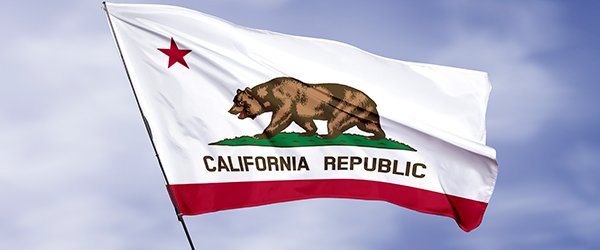A newly decided PAGA case provides employers with additional guidance on how best to address PAGA actions post-Viking River. The recent district court case Johnson v. Lowe’s Home Centers[i] provides employers with a clearer roadmap – and a bit of hope – for addressing PAGA claims. As discussed here, the United States Supreme Court decision in Viking River found the Federal Arbitration Act (FAA) preempts the rule of Iskanian such that it precludes division of a PAGA action into individual and non-individual claims through an agreement to arbitrate.
Support for the Supreme Court’s ruling in Viking River is found in the Johnson Court’s decision to compel the plaintiff’s individual PAGA claim to arbitration and dismiss the non-individual PAGA claims. Refusing to question the Supreme Court’s interpretation of California state law regarding issues of standing, the Johnson court followed what it believed was clear authority set forth in Viking River; that non-individual PAGA claims should be dismissed once the individual PAGA claim is compelled into arbitration.
While other federal courts may choose to interpret Viking River’s holding more narrowly, the Johnson case does lend weight where a court is faced with similar, but not necessarily identical, facts. Further guidance on the unanswered question of standing should be forthcoming as the California Supreme Court is set to rule on the issue in the pending case Adolph v. Uber Technologies, Inc.
[i] Johnson v. Lowe’s Home Ctrs., 2:21-cv-00087-TLN-JDP (E.D. Cal. Sep. 21, 2022).


